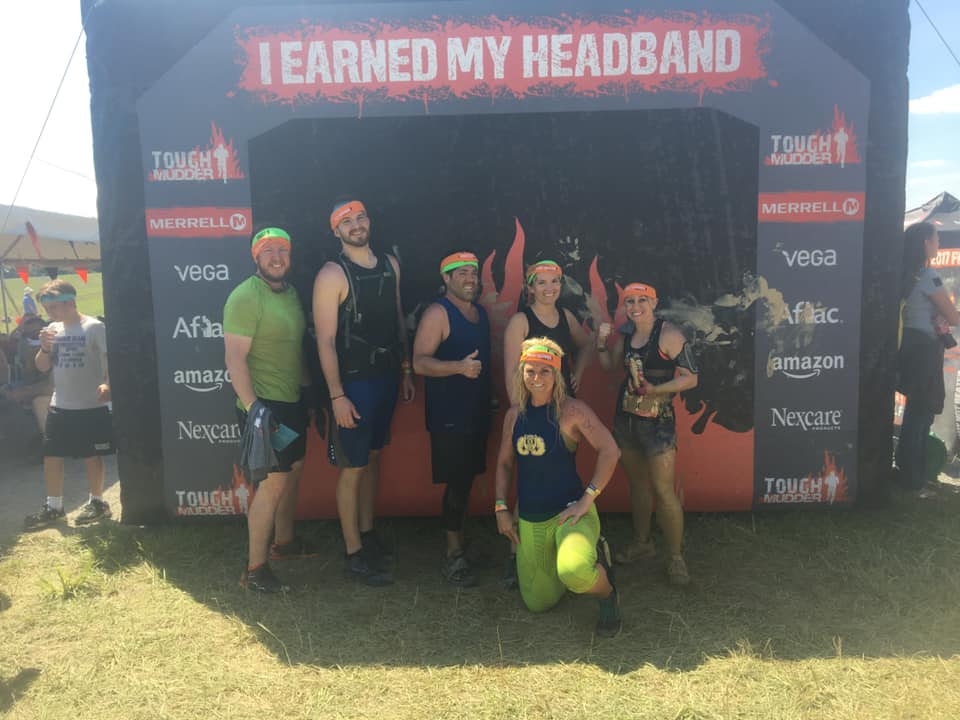What drives you to commit all the time you do to training?
Why do you get up at the crack of dawn to get to a race, leave your heart and soul on the course and complete a race?
Why did you say “yes” to racing the first time?
We all have our own reasons why.
Some of us got involved because we had been looking to adopt a healthy lifestyle; for some, it is about losing weight while some wanted to challenge their limits. Some of us really wanted to be competitive and measure ourselves up against the best.
Our reasons are as varied as the backgrounds come from and they are all important.
Becoming A Brand
For as much as social media can bring us together, it can also challenge and, for that matter, change what our “why” actually is. Unfortunately, sometimes this change is not for the better.
Social Media allows us to connect to brands as consumers in a way that we never had been able to before. Companies, including several in OCR, take advantage of this by building teams, sponsorship programs, and ambassadorships. The allure of free races, free gear, and free social media ‘klout' in trade for posting about the sport you love is strong. Who doesn't love free stuff?
From the social media perspective, I have seen that allure change how people post about their experiences and even change why they are participating in this sport in the first place. When people strive to get that perfectly curated shot, they spend more time looking at their engagement than even enjoying the event and their social media feeds become all about the brand to the point they become a brand themselves. More often than not nowadays, creating or nurturing that “brand” causes others (readers, fans/friends) to see less of the actual person, and we lose the story of their drive and passion that brought them to the sport. With the emphasis shifts to showing the best events, we often don’t see the “bad days” or races that completely fall apart. In this sense, people are influenced by watching a carefully curated view of their friends' new brand instead of the real person behind the lens. OCR is so lucky to have so many real-life athletes sharing their struggles and triumphs who don’t follow this path, but there are many who do.
Money? Fame?

Hillary Greene at her first Tough Mudder: “Met up with a bunch of strangers from my area and left buddies.”
Something I noticed when Tough Mudder announced the removal of prize money from their events was a sharp division in the conversation between people who felt like this was Tough Mudder adjusting the ship and going back to their roots and those people pointing out the gloom and doom. The same people who discussed the fact that Tough Mudder was just adjusting course seemed to have a common thread in their discussion. They are not out there for the money, they are out there to do something cool with their friends, or to challenge themselves to push their limits.
I have spoken to many other social media/community managers about the theory that there is always bad news out there and it is indeed our job as outlets to report on it. But when we spend too much time reflecting on the bad in the industry, people's perspectives change. They focus more on the dumpster fire burning then what brought them to the dance in the first place. They lose that passion for the sport. I am not saying we ignore the bad news entirely, but we sometimes get too focused on the drama train going off the rails and forget what brought us together in the first place.
Like a child transitioning to adulthood, growing pains are to be expected as OCR matures as a sport. My wish is that we remember what got us fired up about OCR and why we love it so much. This journey is sometimes good, sometimes bad, and sometimes just really crazy. Whether you are an elite or a weekend warrior, as we remember our “why,” we can face these changes as a community and not let social media distract from what brought us together in the first place.
Disclaimer: The viewpoints expressed by the authors do not necessarily reflect the opinions, viewpoints and official policies of Mud Run Guide LLC, or their staff. The comments posted on this Website are solely the opinions of the posters.






Leave A Comment